This month’s post will be the last in our series on accountability. So far, we’ve looked at where accountability comes from and the challenges that come with maintaining standards of accountability while managing employees’ strengths and weaknesses.
These first two posts emphasized accountability from a top-down perspective. However, this month we’re going to turn things around a bit by considering the ways in which staff expect accountability from their managers.
This theme has been touched on previously in the first post’s discussion of setting reasonable expectations when assessing employee accountability, and in the second post, we noted the importance of flexibility so that individual employees can play to their strengths while minimizing weaknesses.
But to fully round out our understanding of accountability, we’ll need to take up managerial accountability directly.
You, Me, and the VP: Accountability in All Directions
Corporate power runs top-down. It has to be in order to ensure that things get done. Therefore, delegation is part of the game, and the higher up you are on the corporate ladder the more authority you have to delegate tasks for which you are accountable.
Because of this dynamic, it’s easy to fall into the trap of thinking that accountability follows the same top-down trajectory as corporate power. However, accountability runs in all directions (we’ve seen a version of this already in the first post’s discussion of accountability and responsibility).
Managers expect accountability from their staff, and the staff expect the same degree of accountability from their managers. The same is true of the manager’s relation to the VP and so on up to the CEO. But it’s the first example that we’ll be focusing on here, as it can be particularly delicate.
Understand the Position Your Staff Are In
The top-down structure of corporate power means that the people on the bottom (i.e. your staff) have the least amount of power and cannot usually delegate tasks to others. They simply have to soldier on, no matter how hard things get.
This tenacity makes them the bedrock of any organization. They are the ones doing the day-to-day tasks to keep the company in business. In other words, staff members carry a lot of organizational weight.
However, this weight can easily collapse if it is not managed effectively, and one of the greatest threats is a lack of managerial accountability—which often comes from forgetting about this weight and the effects it has on those who carry it.
Managing Stress Is Not in Most People’s Job Descriptions
When we talk about managers being accountable to their staff, we’re really talking about appreciation, acknowledgement, and respect. This may seem really basic. Nevertheless, it’s easy to lose sight of these things if you’re not careful.
One way this can happen is through a manager’s inability to manage organizational stress effectively. This stress can come from many different places, such as a big project with late nights, a pending merger or acquisition, or implementing a new business process—just to name a few.
But regardless of where stress comes from, the effect is always the same: it makes everything more difficult.
Stress tends to cause more stress, and managing it can quickly become its own nine-to-five routine, essentially creating more work for everyone it touches.
Yet this extra work supports no business goals, does not increase profit, and cannot be added to anyone’s resume. Because the extra work that stress creates produces no value, it’s easy for managers to forget about it—especially if they did not bear the brunt of it themselves.
Demonstrating Managerial Accountability and What Stands to Happen If You Don’t
In order for managers to remain accountable in the eyes of their staff, they must be willing to acknowledge periods of stress that their team faces and act accordingly.
The goal is to demonstrate to your staff that you appreciate them as part of a team, showing them that you all win and lose together. In some cases rewards or incentives (even small ones) may be necessary to keep morale high and to communicate your gratitude.
The last thing you want is to seem like you don’t care about the struggles of your staff, or that you simply want to take credit for their hard work. Both of these are ways of demonstrating a lack of managerial accountability, and this simple bit of negligence can have ripples throughout the organization.
The top-down corporate power dynamic makes it difficult for a manager’s direct reports to demand more accountability from their supervisor directly, so when your staff has a problem, they will often communicate that fact in other ways, like lowering their own standard of accountability to the level they perceive from their manager (thus lowering the organization’s overall standard of accountability).
However, the remedy is simple: take care of each other.
About our guest author: Logan M. Rohde, PhD
Logan finished his doctorate at University of Western Ontario in English in 2018 and has since moved into freelance writing for business leaders.
